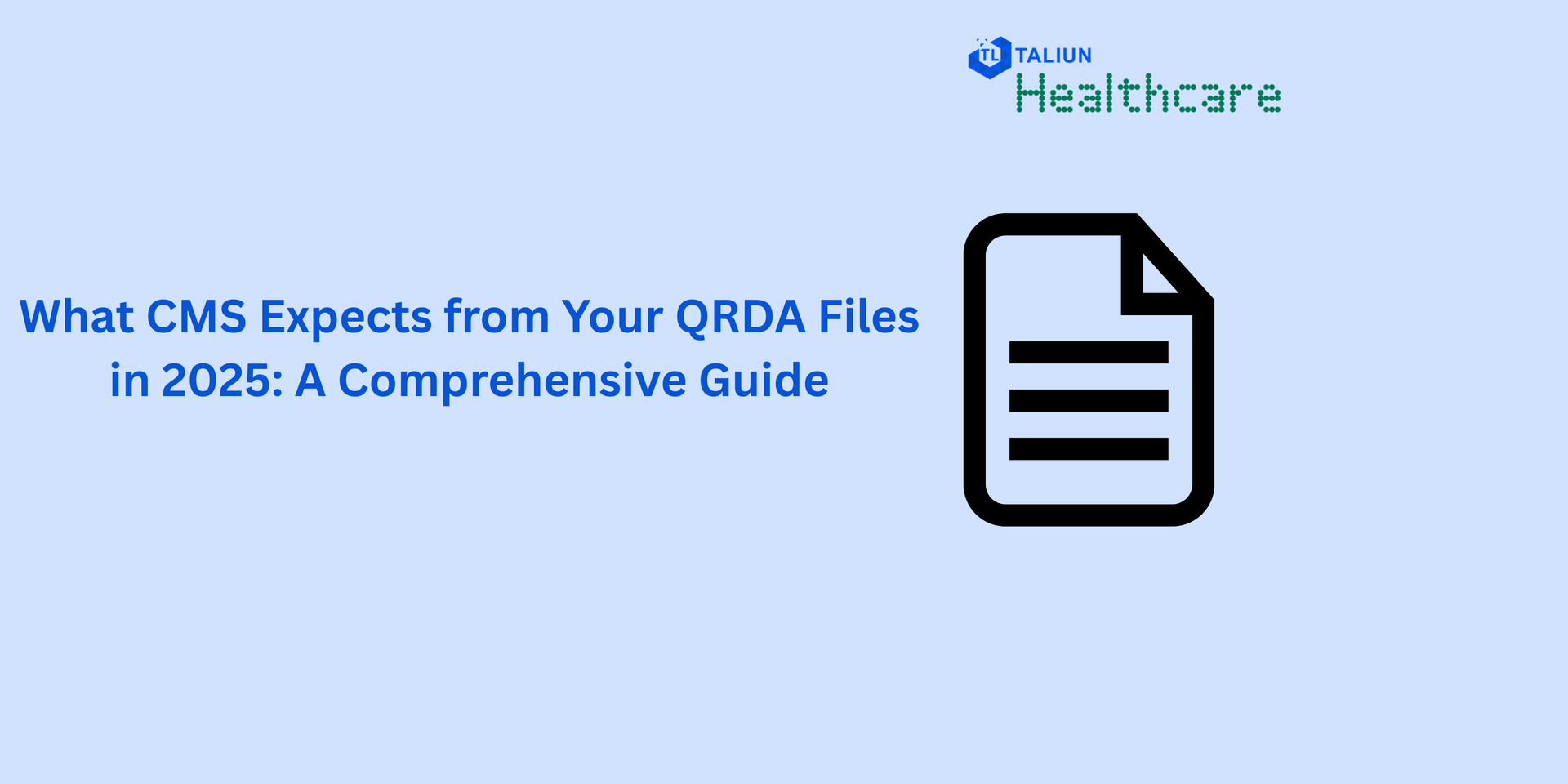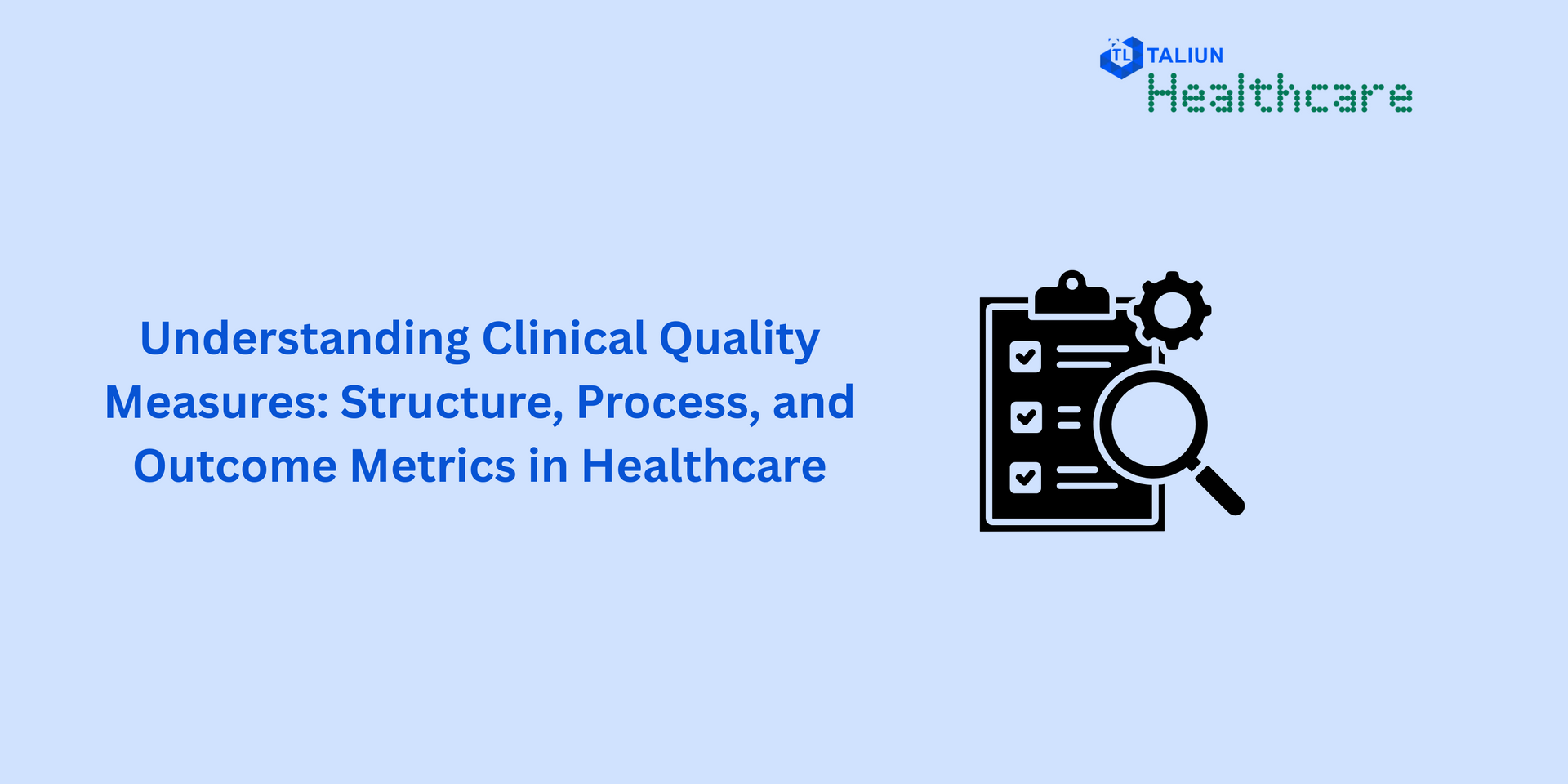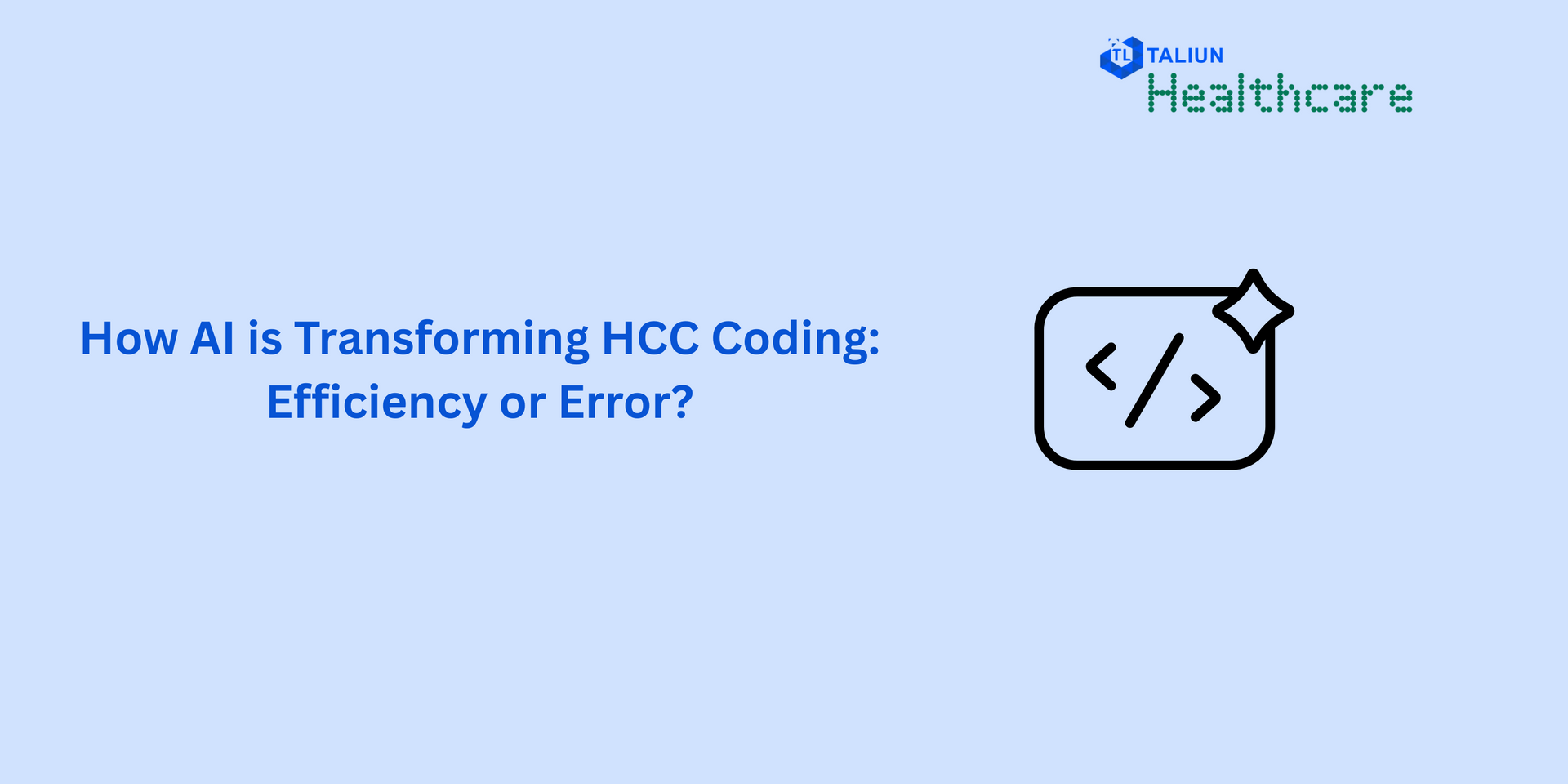What CMS Expects from Your QRDA Files in 2025: A Comprehensive Guide

With the Centers for Medicare & Medicaid Services (CMS) introducing new requirements for QRDA files in 2025, it is crucial for healthcare organizations and vendors to stay ahead of regulatory changes. Understanding what CMS expects from QRDA files this year is essential for ensuring compliance and maintaining data integrity. This guide outlines the latest CMS expectations, highlights key updates, and provides best practices to help organizations prepare for successful QRDA submissions in 2025.
Understanding QRDA in 2025
QRDA, or Quality Reporting Document Architecture, is the standardized format mandated by CMS for reporting electronic clinical quality measures (eCQMs). For 2025, both QRDA Category I (QRDA I) and QRDA Category III (QRDA III) files are required, depending on whether the reporting entity is a hospital, critical access hospital, or eligible clinician.
Key Programs Requiring QRDA Submission in 2025
- Hospital Inpatient Quality Reporting (IQR) Program
- Medicare Promoting Interoperability Program
- Outpatient Quality Reporting (OQR) Program
- Merit-Based Incentive Payment System (MIPS)
- Alternative Payment Models (APMs) and Shared Savings Programs
Major Updates to QRDA Requirements for 2025
CMS has released updated implementation guides (IGs) for both QRDA I and QRDA III, reflecting several important changes for the 2025 reporting year.
Validation Rule Changes: The 2025 QRDA I IG introduces new validation rules, such as CMS_0090 for facility closure and updates to existing rules like CMS_0082 for the new EHR Certification ID format. The removal of outdated rules, such as CMS_0063, streamlines the validation process.
New Feedback Messages: CMS will now provide explicit feedback if a submitted QRDA file does not produce outcomes for any specified measures. This helps organizations quickly identify and resolve submission issues.
EHR Certification Updates: All vendors and EHR systems must be certified to the latest Certified EHR Technology (CEHRT) version for 2025. This certification must cover all available eCQMs, regardless of which measures are ultimately submitted.
File Submission Protocol: Hospitals must submit one QRDA I file per patient, per quarter, including all episodes of care and associated measures. Using the most up-to-date eCQM specifications is mandatory.
Data Validation and Auditing: Starting in 2025, CMS will implement a revised auditing process, assigning equal weight to clinical processes of care and eCQMs. Hospitals must achieve at least a 75% accuracy threshold in eCQM data validation to receive the full annual payment update.
QRDA III Updates for Clinicians: For eligible clinicians, the 2025 QRDA III IG introduces support for new models like the Making Care Primary (MCP) and updates to MIPS Value Pathways (MVPs), ensuring alignment with the latest CMS programs and reporting requirements.
Best Practices for 2025 QRDA Compliance
To ensure QRDA files meet CMS expectations in 2025, organizations should consider the following best practices:
Stay Current: Regularly review the latest CMS implementation guides, validation rules, and eCQM specifications.
Validate Early and Often: Use the most recent Schematron files and validation tools to check QRDA files before submission.
Collaborate with Certified Vendors: Ensure EHR and quality reporting vendors are up-to-date with CEHRT certification and fully understand the nuances of the 2025 requirements.
Monitor Feedback: Act promptly on CMS feedback messages to address any gaps or errors in submissions.
Prepare for Audits: Maintain detailed documentation and robust quality assurance processes to support data accuracy and audit readiness.
Why Meeting CMS QRDA Expectations Matters
Accurate and timely QRDA submissions are not just about compliance. They directly impact an organization’s reimbursement, reputation, and ability to participate in value-based care initiatives. Failing to meet CMS requirements can lead to payment penalties and missed opportunities for quality improvement.
Final Thoughts and a Trusted Partner
Navigating CMS QRDA requirements can be complex, but with the right expertise and tools, organizations can achieve seamless compliance and drive better patient outcomes. For those seeking a reliable partner to streamline QRDA file creation, validation, and submission, Taliun offers solutions designed to keep organizations ahead of regulatory changes and ensure quality reporting is always audit-ready.
Stay proactive, stay compliant, and let your data tell the story of your commitment to quality care.




